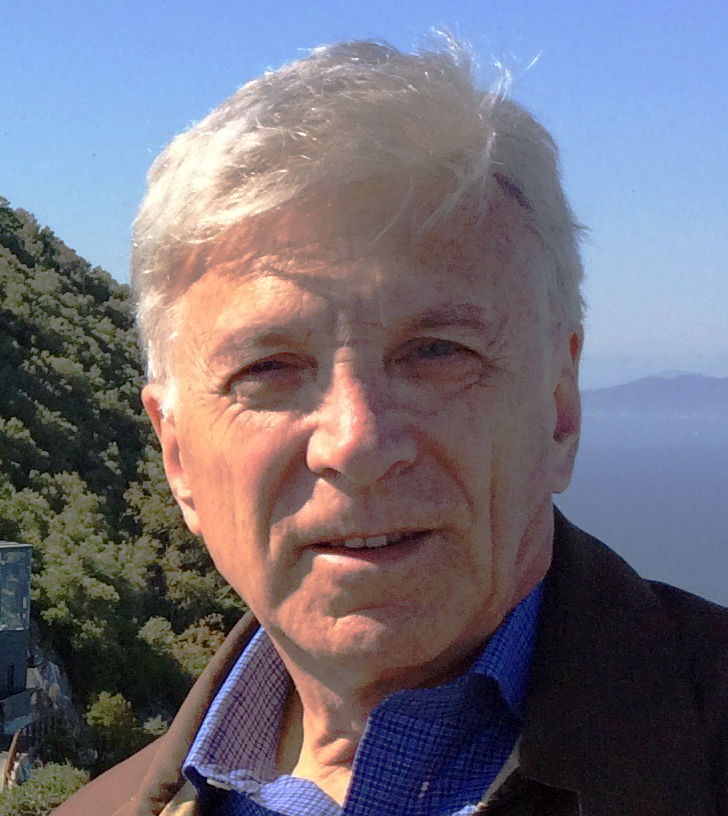
A member states:
with friends and acquaintances who barely have a clue who Ayn Rand is, who are decent and/or good people, but mistaken, I often pronounce in my mind: all he needs is an hour with John Galt.
You are, alas, mistaken. Atlas Shrugged gives readers many hours with Ayn Rand, yet not one in a hundred readers become persuaded of the philosophy.
Ayn Rand quipped that she was more generous in populating the world of Atlas with heroes than God was in populating the real world. In other words, in the real world there’s Elon Musk, Bill Gates, Warren Buffett—who are great creators but are not the likes of Rearden, Danagger, and Mulligan. So more—much more—is required of potential “converts” than that they be “decent and/or good people.”
Rearden is the archetype of the heroes Galt reaches: he’s lived in full focus, with complete honesty, integrity, and independence, but he didn’t demand the same of others. What Francisco and Galt teach Rearden is that his moral code is objective, that it is the code of life. Accordingly, he should not allow the use of his own virtue against him (of which the most obvious example is how he is treated by Lillian and his family).
Dagny asks Galt your question: “What did you tell them to make them abandon everything?”
Galt answers:
I told them that they were right. . . .I gave them the pride they did not know they had. I gave them the words to identify it. I gave them that priceless possession which they had missed, had longed for, yet had not known they needed: a moral sanction.
So it was not some method (other than ordinary logic) that Galt used. It was the content of what he said, and their readiness to hear it. On their readiness, he says:
I went out to become a flame-spotter. I made it my job to watch for those bright flares in the growing night of savagery, which were the men of ability, the men of the mind — to watch their course, their struggle and their agony — and to pull them out, when I knew that they had seen enough.
“. . .when I knew that they had seen enough.”
As to method, consider what Francisco tells Rearden:
your virtues were those which keep men alive.
This identifies a causal connection: some virtues (the ones Francisco practiced) cause survival, and without this kind of virtue there is no survival. Take rationality as the sum of the virtues Francisco practiced. Then he is saying: rationality and only rationality keeps men alive.
But not only is Francisco identifying a causal connection, he is subsuming it under the widest possible abstraction. For suppose he had said: “Your virtues were those which bring financial rewards.” That would be true and of some importance, but subsuming Rearden’s virtues under the very wide abstraction, “survival,” opens the door to an induction: “For moral codes, the fundamental issue is whether it is pro-life or anti-life.”
And Francisco next says:
Your own moral code—the one you lived by, but never stated, acknowledged or defended—was the code that preserves man’s existence. If you were punished for it, what was the nature of those who punished you? Yours was the code of life. What, then, is theirs?
That’s deduction with an implicit call for the induction. In pattern, the whole thing is this:
Your moral code is required to live.
Their moral code is against yours.
Therefore, their moral code is against what life requires.
Any moral code that is against what life requires is anti-life.
Their moral code is against what life requires.
Therefore, their moral code is anti-life.
If a moral code is anti-life, it is pro-death.
Their moral code is anti-life.
Therefore their moral code is pro-death.
Inductive implication: All moral codes are to be analyzed and evaluated on the basis of whether they are pro-life or pro-death.
The induction is the new generalization, which has to do with a previously unthought of relationship between moral codes and the alternative of life vs. death.
Ayn Rand was thinking of morality from the aspect of it being pro-life or anti-life as far back as her late 20s, when she wrote We the Living. As far as I can recall, the only other philosophers who did were Spinoza and Locke, both of whom wrote about “self-preservation.”
Thinking about her method in terms of what’s deductive and what’s inductive is not particularly helpful. What she did is to “think in principles”—which involves always going wider and seeking to know what depends upon what. It’s the difference between: “This moral code keeps men alive” and “This moral code puts bread on the table.”
Then, of course, there are the mixed-up wider “principles”: “This moral code keeps society functioning.” Or even, today, “This moral code keeps the climate from changing.”
To return to the original issue, the reason I titled this post “Choice is choice” is that you are under-estimating or overlooking the role of free will. People have to have made a lot of the right choices to have the premises to respond to Ayn Rand’s themes. And they have to continue to choose to focus in order to follow her logic in what they are reading or hearing from you.
You can lead a man to reason, but you can’t make him think.

